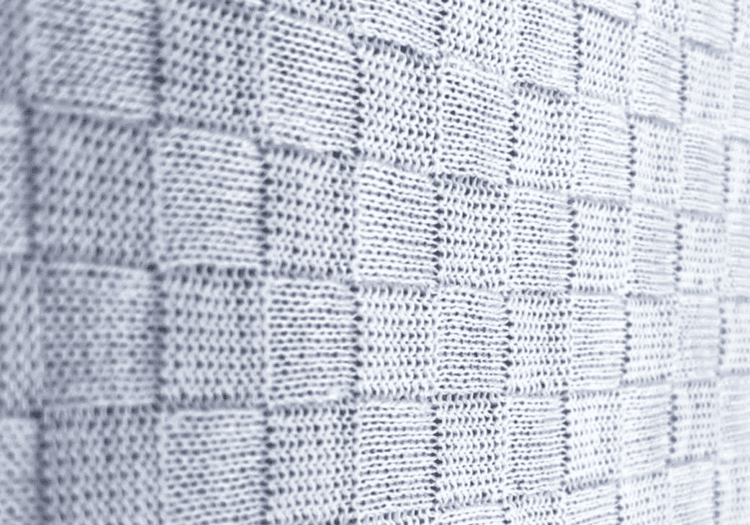At the launch event last week, Nordic Bioproducts also announced a new collaboration with CMPC Ventures, the Corporate Venture arm of CMPC S.A, one of the largest producers of pulp in the world.
The Norratex process involves first hydrolyzing cellulose in an “environmentally friendly and cost-effective manner”, after which the fiber is processed into a viscose-like textile fiber. Professor Olli Dahl at Aalto University, the inventor of the AaltoCell method, was convinced from an early stage that it could be applied to produce plant-based textile fibers.
Nordic Bioproducts has been working in collaboration with the University of Tampere on using it to develop a cost-effective and scalable textile fiber manufacturing process since 2020. The team of chemical and fiber processing engineers was able to find just the right parameters for the dissolution that enables the wet spinning of the cellulose dope. The Norratex method can utilize a wide variety of raw material sources. Fibers can be made from forest industry by-products, textile waste, and ordinary paper pulp. This is a significant advantage over traditional viscose, which is made from dissolving pulp and the cost can be up to 30 percent higher than paper pulp, the company said. The first wet spinning experiments were performed in June 2021. Only six months later, the first yarn was made at the University of Tampere, and samples were then knitted at Aalto University.
Maija Järventausta, a researcher who carried out wet spinning and yarn production in Tampere, described the success: “The seventh spinning experiment really surprised me! The dope was excellent and it did not clog the spinneret during wet spinning. At that moment, I suggested that we should try making yarn for the first time. In the next step, the carding was successful, the fiber withstood opening, curled beautifully and no pilling was formed.
“Fibre-to-fibre friction was optimal. I would never have believed that in such a short period of product development, one could succeed in a functional end product. It was great to see that the yarn was strong enough not to break in the knitting process. The yarn also has a beautiful subtle gloss, a feature that lasted from wet spinning to the dry yarn.”
The technology is also said to have advantages when it comes to post-consumer recycling. The majority of fast fashion uses fiber blends containing both natural and plastic fibers. The recycling of these mixed material textiles is a major challenge due to the lack of efficient and sustainable separation methods. The AaltoCell technology, on the other hand, offers one potential way to tackle this problem. The method has been tested on a laboratory scale where the natural fibers are neatly separated from the plastics into clean fractions, allowing the fractions to be utilized separately. The company is now looking for partners to develop novel low carbon footprint applications for both material streams to support circular economy innovations.
Several partners are involved in the development and commercialization of the new fiber, the most important of which is CMPC Ventures, the Corporate Investment arm of CMPC S.A. Olli Kähkönen, co-founder and Innovation Director at Nordic Bioproducts, emphasized the scale of the project. “Collaboration patterns are central to the success of the project,” he said. “We are partnering with CMPC to begin an intensive product development period of approximately one year. After that, if everything goes as planned, we will start producing Norratex textile fiber on a pilot scale.”
Nordic Bioproducts’ Norratex fiber is the latest of several Finnish sustainable fiber innovations which also include products from Metsä, Spinnova, and Infinite Fibre.

